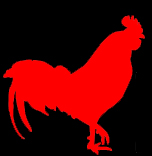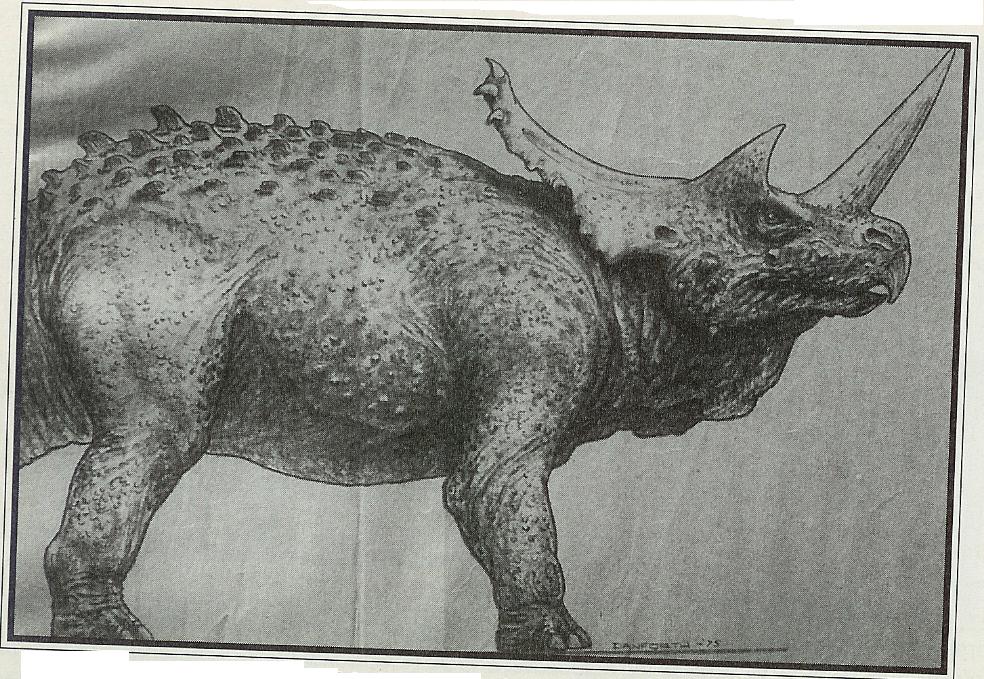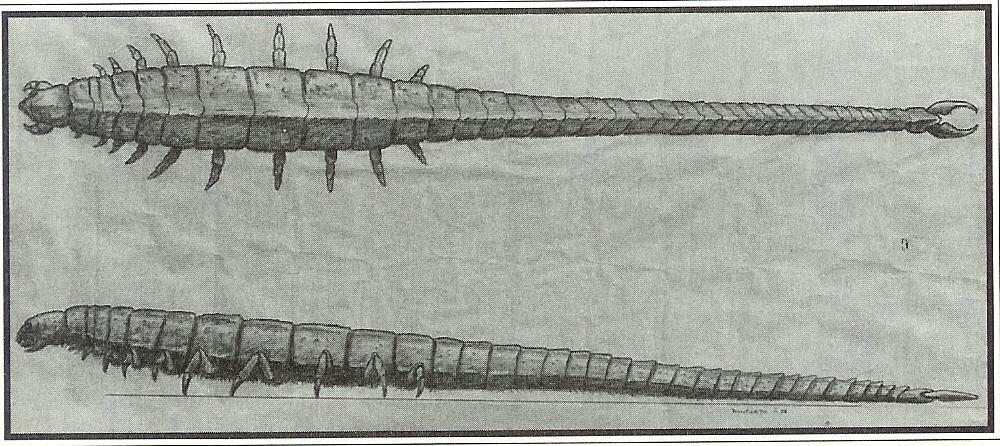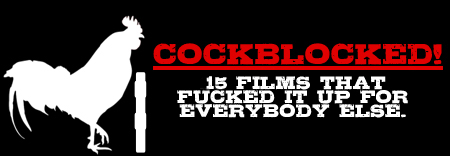
There’s a long history in Hollywood of shelved projects, abandoned franchise dreams, stalled careers, and entire genres that lost favor or profitability. 9 times out 10 these problems and failures are the result of a myriad of complex issues and contributing factors. Sometimes though… Sometimes you can pretty much pin everything on one film that fucked it up for everyone. Whether it’s a movie that killed a rival project, destroyed a filmmaker’s career, squashed some brilliant idea, or took the shine off of an entire genre, this CHUD List will catalog the films that were just total, unapologetic Cockblocks.
———-
Day 10 (I Love Lucy: The Movie)
———-
Day 14 (KONG Cockblocked!)
Renn Brown (Email • Twitter)
———-
T HE COCK: Universal’s The Legend of King Kong
HE COCK: Universal’s The Legend of King Kong
If there was any ego in 70s-era Hollywood that could match with Dino De Laurentiis’, it was that of Lew Wasserman, head of MCA/Universal, and Dino’s key rival in the showdown on Skull Island. It’s only this ego that could have pushed a studio so far down a road they really had no business traveling on, but plowed through nonetheless. False claims of shooting dates, and multiple, contradictory lawsuits at different state and federal levels are just some of the tactics Universal used to beat their chests and scare off the competition. Ultimately they lost though, and a settlement was reached that saved face (and could possibly have scored them a hush-hush financial piece of Paramount’s project) but left them with a script they would never shoot and millions spent on a lost coin-toss.
 THE BLOCK: Paramount and Dino De Laurentiis’ King Kong
THE BLOCK: Paramount and Dino De Laurentiis’ King Kong
In the intro to this list series I refer to films that “were just total, unapologetic cockblocks” and if there’s a single film that embodies that spirit most sharply, it’s Paramount’s 1976 remake of King Kong. Why? Because one of the most shark-like producers in Hollywood history was behind it, and Dino De Laurentiis was ready to go to war with Universal in order to make sure his Kong film reigned supreme when the two studios dueled with separate projects. While the origin of the Paramount Kong production has a few contradictory origin stories, it’s safe to say that Dino got a hair up his ass to make a giant monkey, and so a giant monkey movie he made. And while it’s probably also safe to assume Dino would have plowed on with as much enthusiasm regardless (he was no stranger to ripping off other films for profit), the law and the rights were actually on his side this time and he was ultimately destined to win the biggest game of chicken in Hollywood history.
How it Went Down:
The stories are contradictory and it depends on if you believe Dino or Disney-head-to-be Michael Eisner (at ABC at the time). Eisner’s story conveniently inserts him into both sides of the coin, as he claimed that a King Kong TV rerun inspired him with the notion that the film should be remade. At two separate lunches he apparently threw out the idea to the heads of MCA and Paramount respectively, and each handed the project down to executives within their company. Dino ended up with the project at Paramount and moved quickly, though both studios suddenly found themselves in the awkward position of announcing epic motion-picture productions based on the same source material with similar claims of having signed exclusive deals!
 Cut to late 1975 and at this point Dino is pushing hard with a script, effects tests, location arrangements, and casting- spending money he doesn’t necessarily have and making grand public announcements in order to spin perception in his favor. Perhaps because Universal studio-head Lew Wasserman became involved and decided to push back out of spite, Universal made claims that they would be shooting much sooner than Paramount’s announced start date (January 1976 to Paramount’s Spring start), and even later claimed that they had shot footage despite never securing cast or building sets. These bluffs didn’t phase Dino and he pushed his preproduction crew even harder, stepping up his shoot date to January as well, rolling on the opening sequence of the film before shutting down for a few weeks to prepare for the bulk of photography.
Cut to late 1975 and at this point Dino is pushing hard with a script, effects tests, location arrangements, and casting- spending money he doesn’t necessarily have and making grand public announcements in order to spin perception in his favor. Perhaps because Universal studio-head Lew Wasserman became involved and decided to push back out of spite, Universal made claims that they would be shooting much sooner than Paramount’s announced start date (January 1976 to Paramount’s Spring start), and even later claimed that they had shot footage despite never securing cast or building sets. These bluffs didn’t phase Dino and he pushed his preproduction crew even harder, stepping up his shoot date to January as well, rolling on the opening sequence of the film before shutting down for a few weeks to prepare for the bulk of photography.
Meanwhile, lawyers are battling and Universal is claiming that they had a verbal contract with RKO for Kong rights that superceded Dino’s signed and sealed contract, while at the same time they argued in federal court that their film would be based on an obscure publication of the original Kong novel that was published in a magazine and had since lapsed into the public domain. Essentially the studio was arguing both that they had the rights (when they didn’t) but yet didn’t need them and could shoot anyway (though they weren’t going to).
Eventually, because Paramount and Universal had overseas partnerships and because Dino had clearly gotten out of the gate first, the lawsuits were settled and the conflict put to rest. A whole other wave of controversy would sweep over Paramount’s Kong though, as reports of its massive budget and impossible profitability began churning. Resembling the constant box-office gloom-and-dooming that surrounds blockbusters today (usually by people who have no idea what the fuck they’re talking about, BTW), many expected Kong to be a monstrous failure. Anti-climatically it ended up being a modest, slow-going success.
Bullet Dodged, or Greatness Robbed:
It seems pretty clear that the Universal version of King Kong would never have seen the light of day unless there was never any competition, but the studio still had a fully fledged pre-production effort going, and from that there still remains a script and concept art. The story of The Legend of King Kong (the modified title, for legal purposes) follows the original film very closely. A period piece full of dinosaurs and fantastic creatures, it had little of the labored modern touches that marked the version that ultimately emerged. No clunky, topical oil company tie-in, a much more vibrant (and dangerous) batch of creatures, and a focus on Denham the filmmaker, rather than the Jeff Bridges, stereotypical-liberal professor. And while one never knows how it would have ultimately been executed, there’s also less of the blatantly condescending portrayal of natives that ties so shamlessly into the primal, sexual fear of the black man.
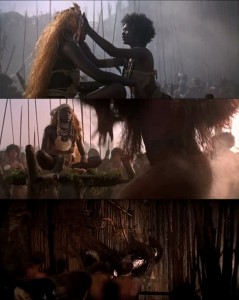
Watch out, or our blondes will be mesmerized by undulating black men, before they unleash their great big black cocks and ruin them! Save the day Jeff Bridges!
You may think I’m kidding, but the Legend of King Kong script describes a fairly straightforward native ceremony, as opposed to the sacrificial ceremony we actually got, which included exaggeratedly sexualized dances (yeah, I know that shit exists, but there’s some decided hysterical composition and blocking going on), and the sacrificial woman being forced to wear a straw (read: blonde) wig before being offered to Kong. Even worse, the one belabored connection of the island to the oil the Petroxx company seeks is found here, where the natives use oil deposits as lubricant to slather over the massive mechanism that bolts the gate between them and Kong. The thing is- by coating the bolt with oil it turns the whole thing into a showcase for monolithic-scale black cock imagery, as this oil slathered phallus slides in and out of the gate loops.
Beyond the bizarre sexual imagery though, the Paramount version of the story is… pretty boring. The story is too close to the original to be interesting, but strips most of the magic away in pursuit of the darker, more “modern” realism that we always assume is only a recent fallacy the studios have bought into. Ultimately it’s a bland update with modern-at-the-time effects that were still rooted in the same analog paradigm, but without the delicate passion of Willis O’Brien hand-animating them. Hell, without the “obsessed filmmaker” angle you don’t even get the benefit of the inherent irony from such a large-scale showbiz gamble being about a large-scale showbiz gamble! With the Universal version we would have at least gotten dinosaurs, and rumors are that the shooting script included a version of the famous pit sequence that had men being attacked by giant scorpions. It’s unlikely that it would have usurped the cultural position of the original classic, but it might have been a fun entry in the 20th Century saga of King Kong, rather than a dull footnote.
Verdict: Greatness Robbed.
The Alternate Universe:
Universal gets the unequivocal and exclusive rights to make the project and do so, though it reaps about the same level of quiet success that its alternate-universe brother did. Because there was less initial legal overhead though, the studio pushes through with a sequel or two in subsequent years, each with diminishing returns. An especially silly second sequel ends with an Ape rolling down a Great Pyramid to his demise, and becomes another classic example of the diluted quality of blockbuster creature sequels.
Big changes occur later though, as with the rights long ago clarified and a tradition of Kong films well established at the studio, Universal pushes a young gross-out filmmaker from New Zealand a little harder towards making a Kong film they’d been discussing, and he does so in one of the most ambitious productions of all time. The film is wildly successful critically and commercially, even setting a new standard for DVD releases. His bloated, blank-check followup passion project –an adaptation of a cornerstone fantasy series–is much less successful and eventually he finds himself squarely back in the Kong universe, making a prequel that tells another hidden story of a trip to Skill Island…
Remains:
We have the script, which is easily dug up, and a little bit of creature concept art to go along with a well-documented Hollywood circus of gossip, ego, and big hairy studio-heads apes.
Background:
• An article about the dueling productions written before the film’s release.
• A few chapters from a book about Kong that describes the production, and the studio feud in more detail.
• Classic Horror Monster discussion board thread with a few links to art and the script.
DISCUSS THIS on the CHUD Message Board
&
Like / Share it on Facebook (above or below) if you think it’s great!
